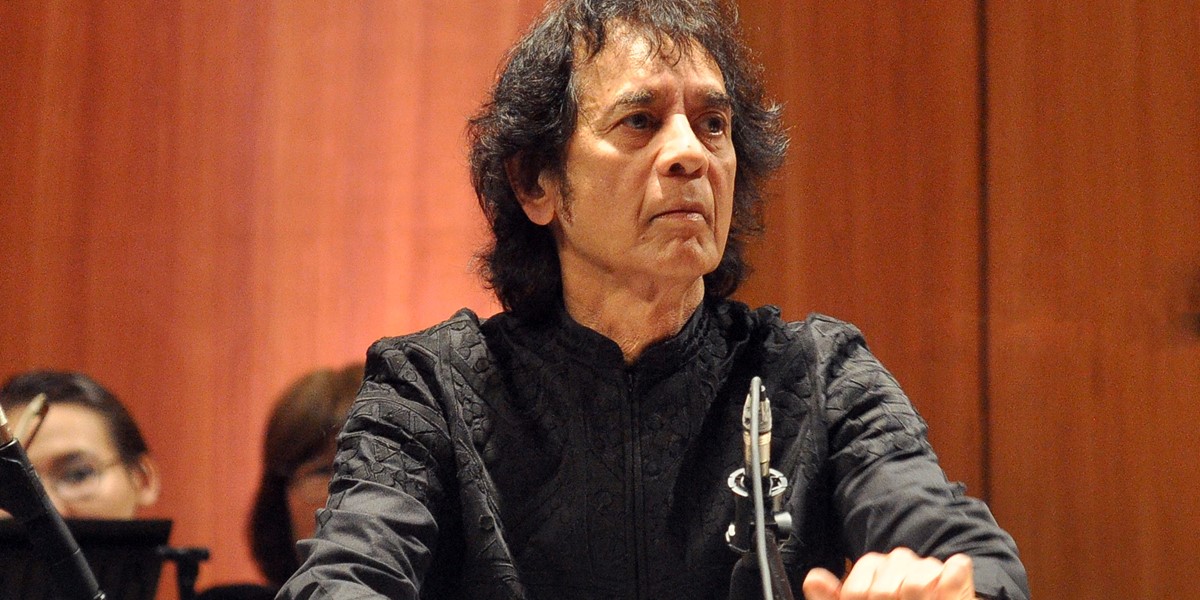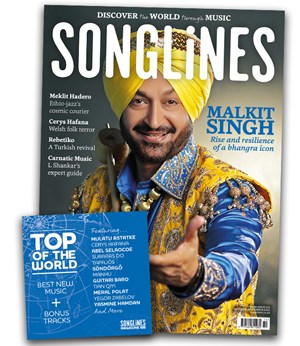Monday, December 16, 2024
Obituary: Zakir Hussain (1951–2024)
Tabla maestro and global fusion trailblazer, the much-loved musician Zakir Hussain has died

Courtesy of the Symphony Orchestra of India (SOI)

Register now to continue reading

Thanks for visiting the Songlines website, your guide to an extraordinary world of music and culture. Sign up for a free account now to enjoy:
- Free access to 2 subscriber-only articles and album reviews every month
- Unlimited access to our news and awards pages
- Our regular email newsletters

